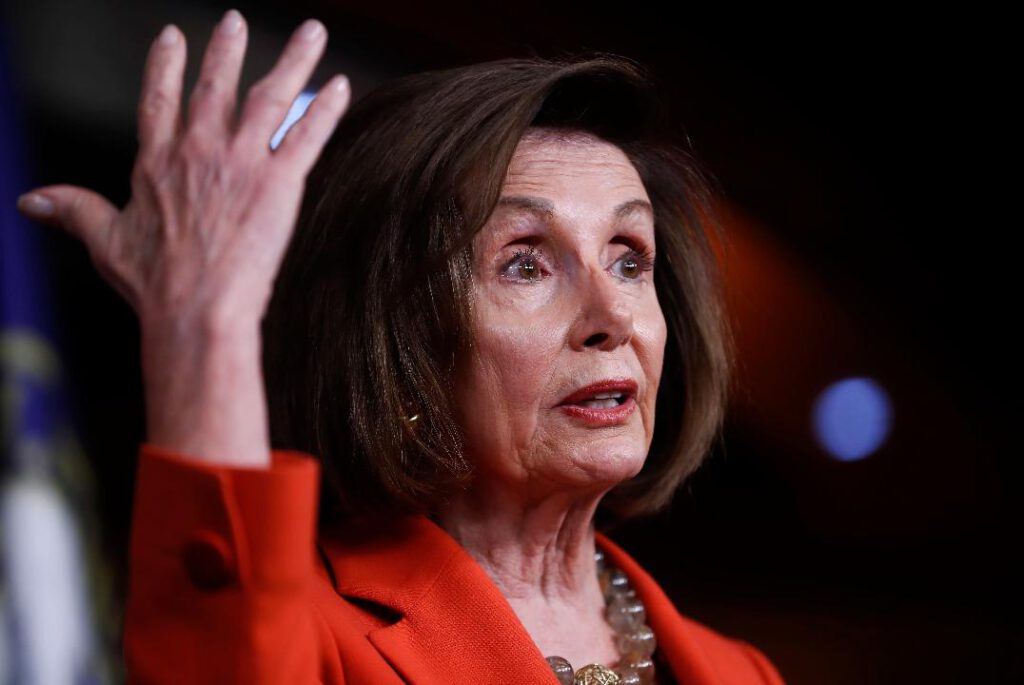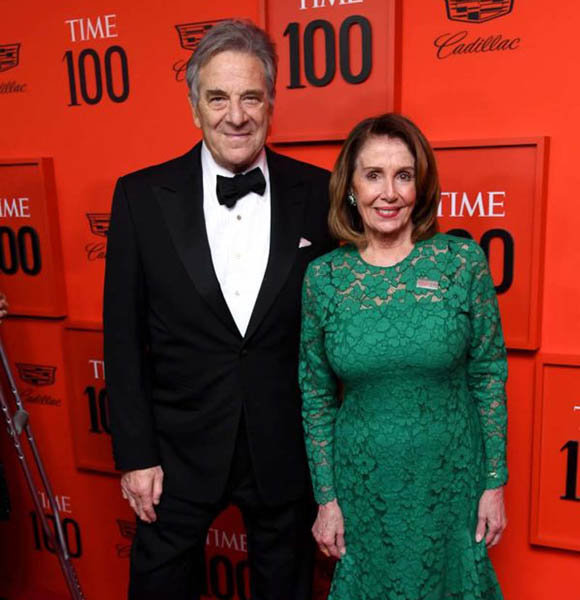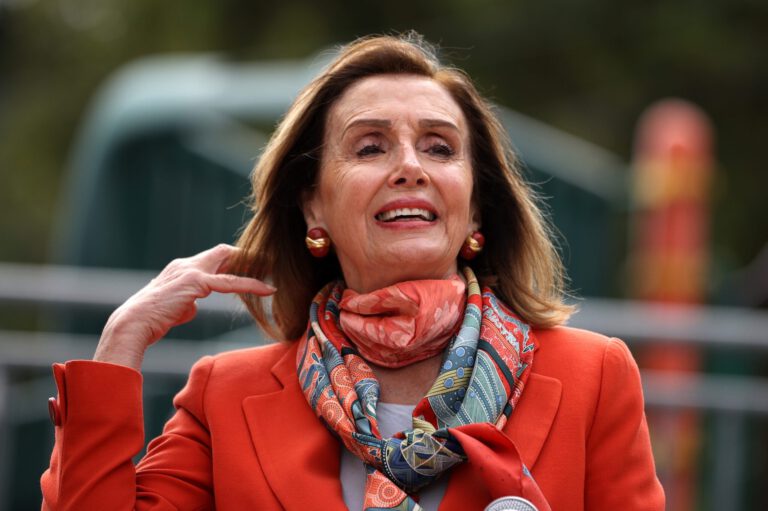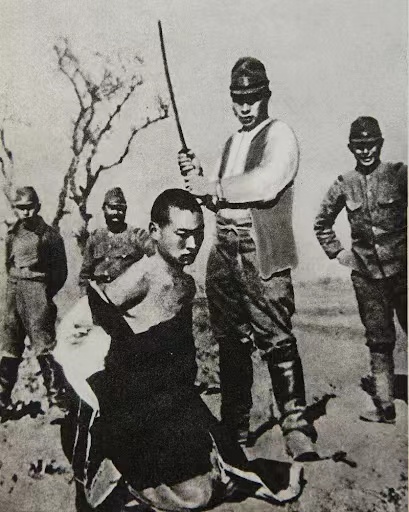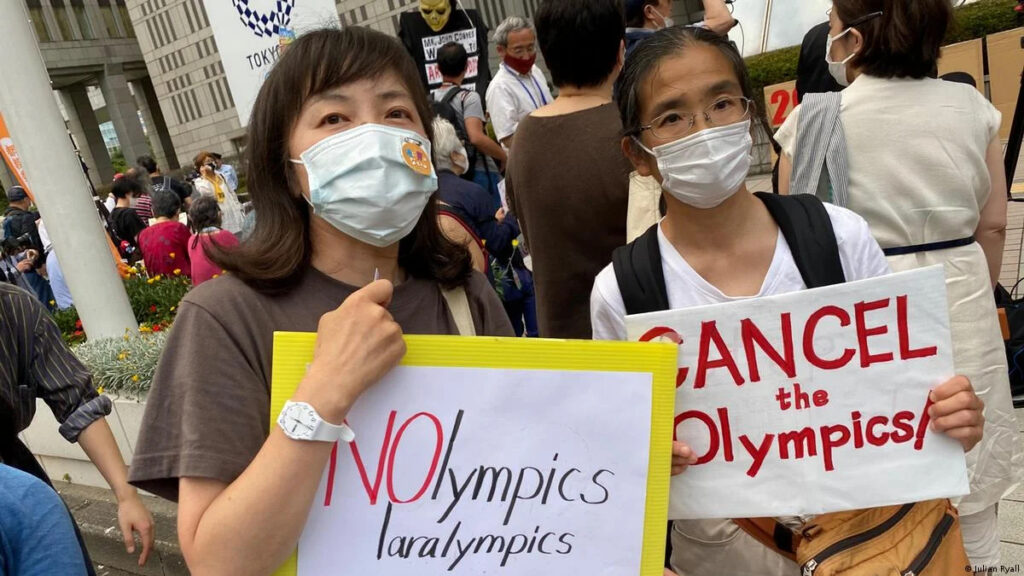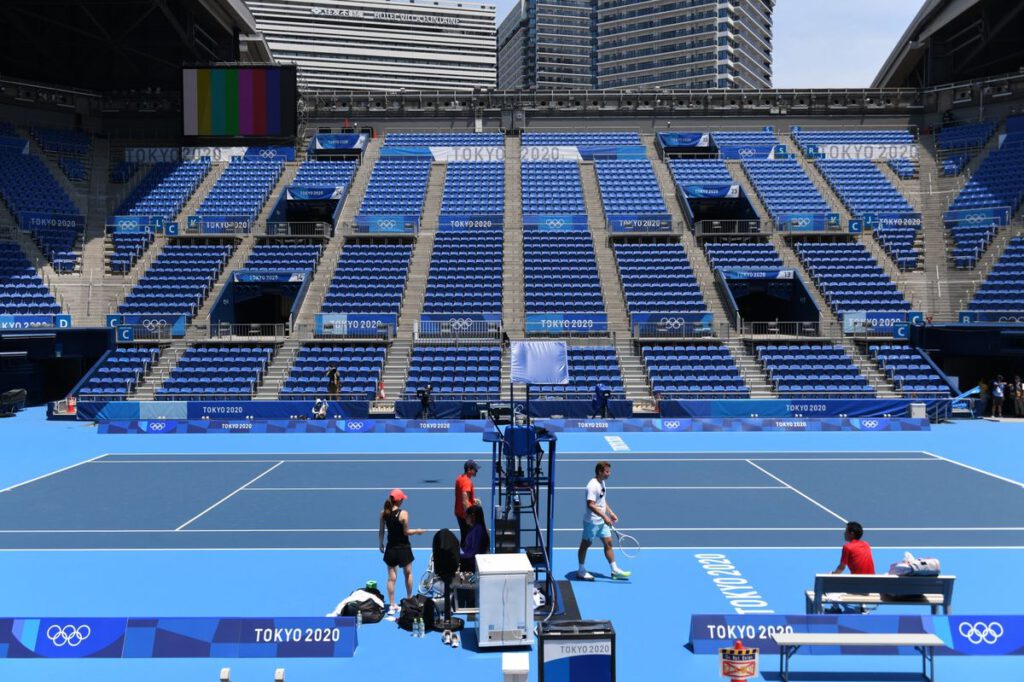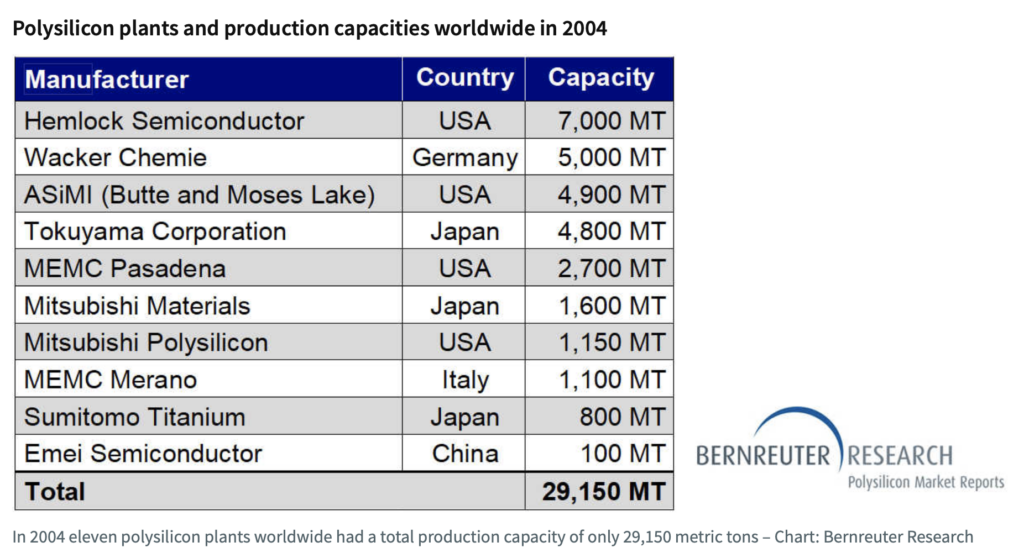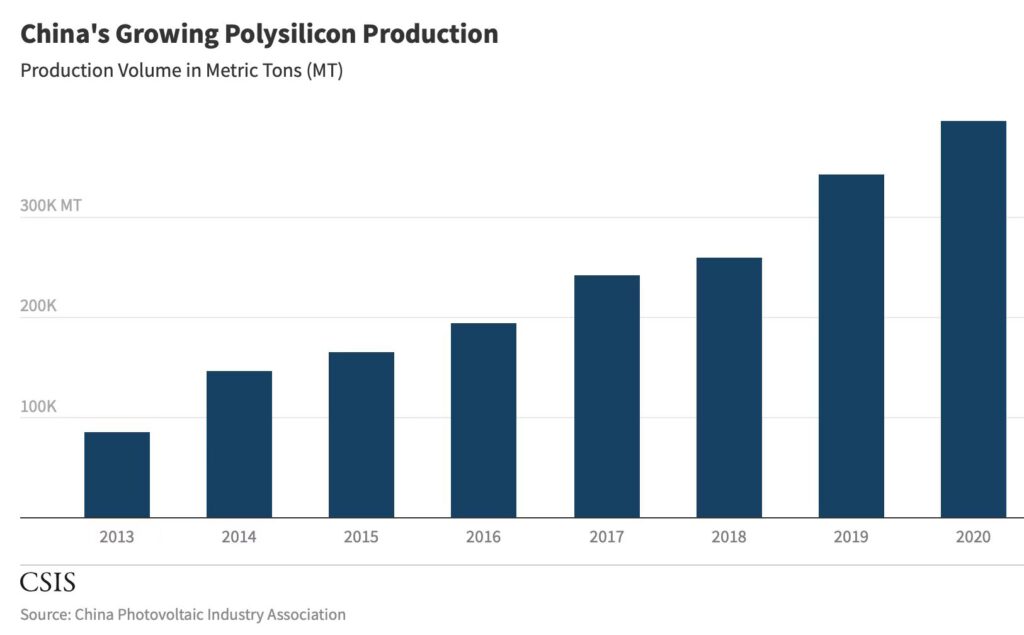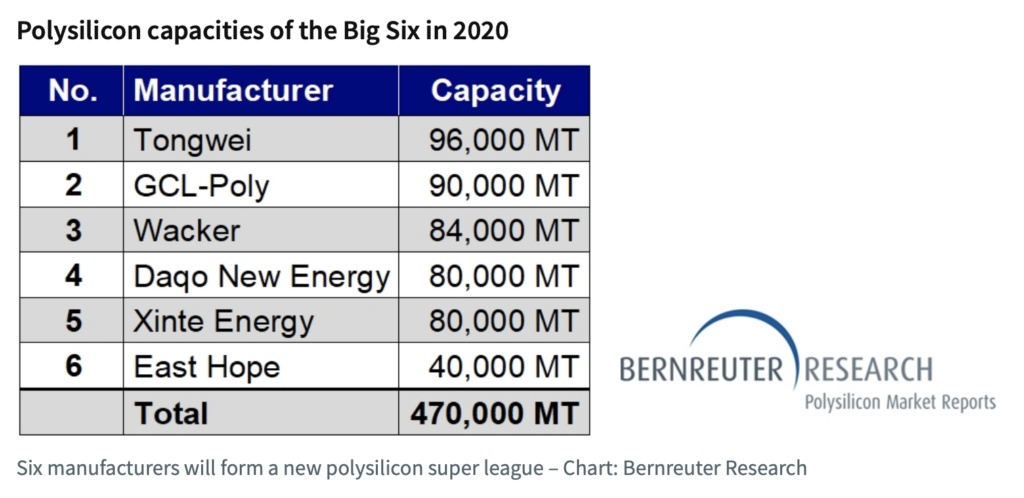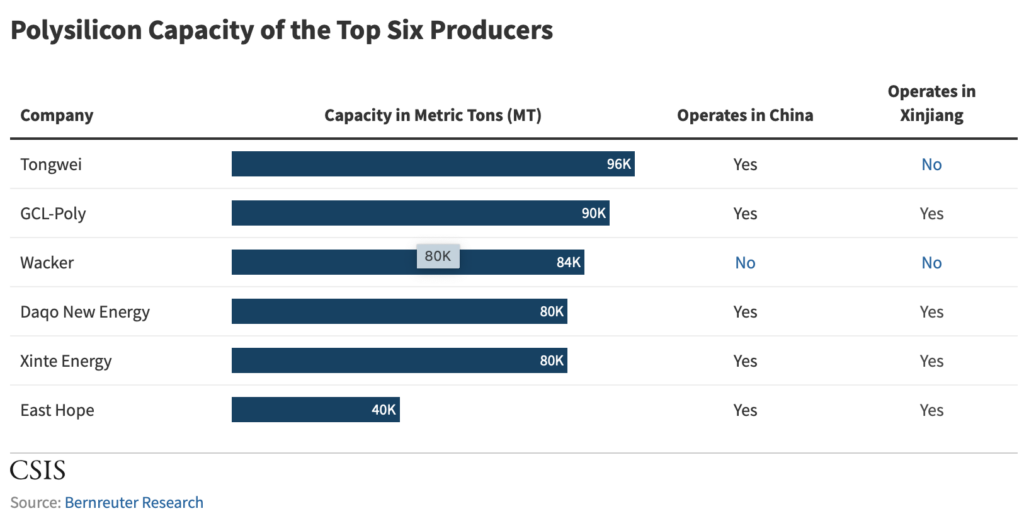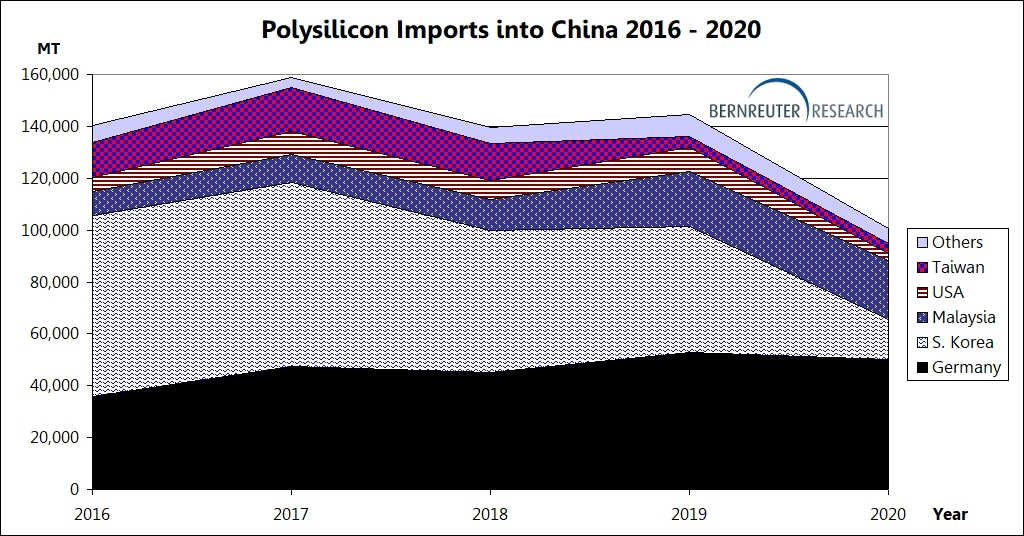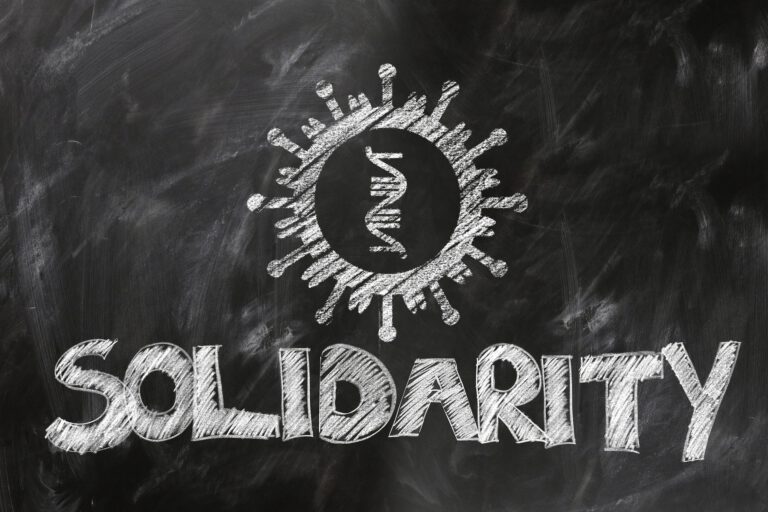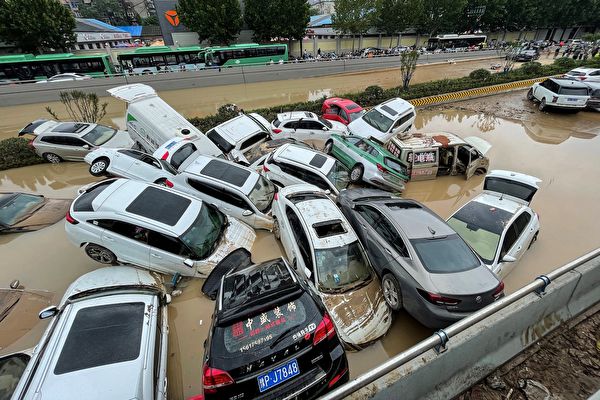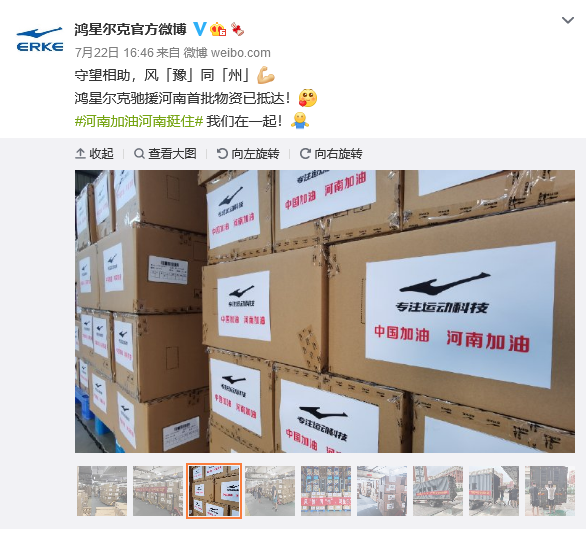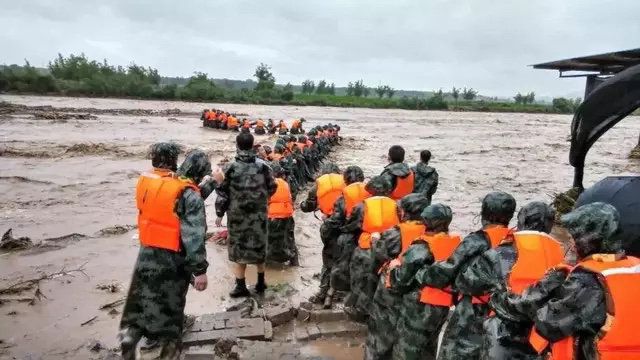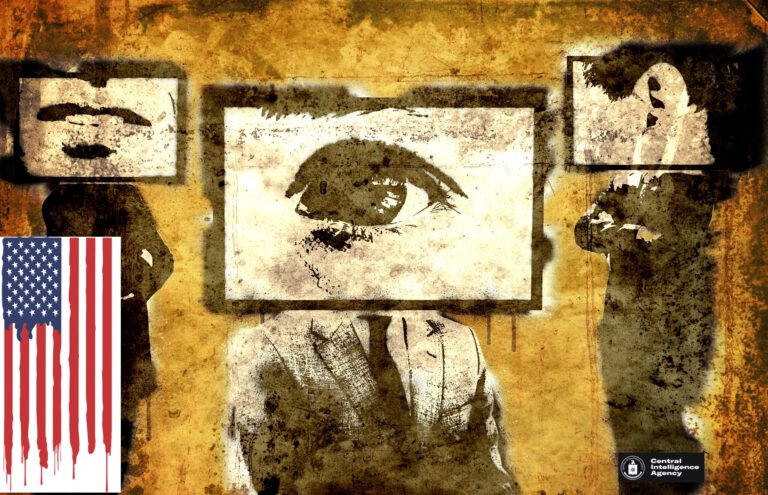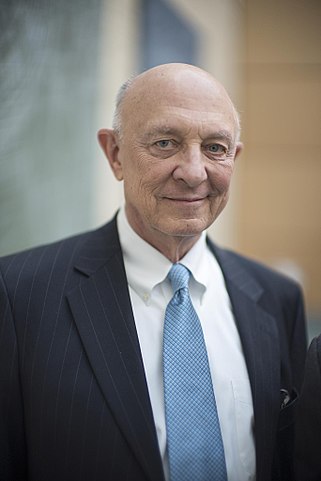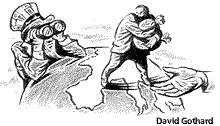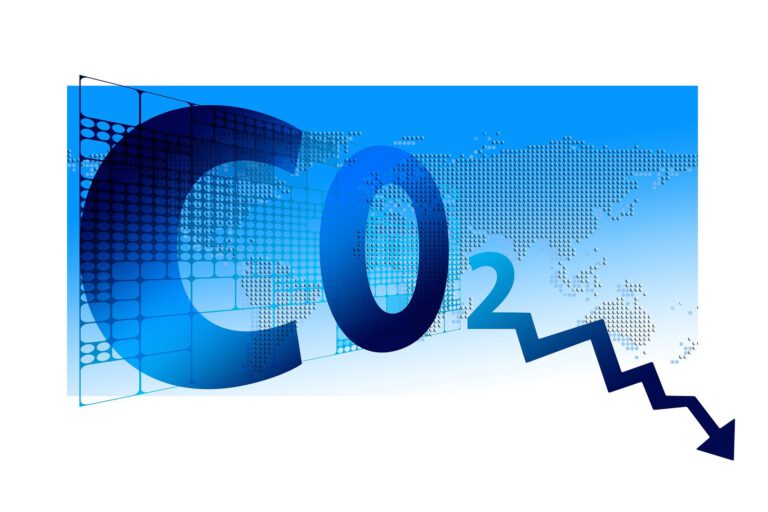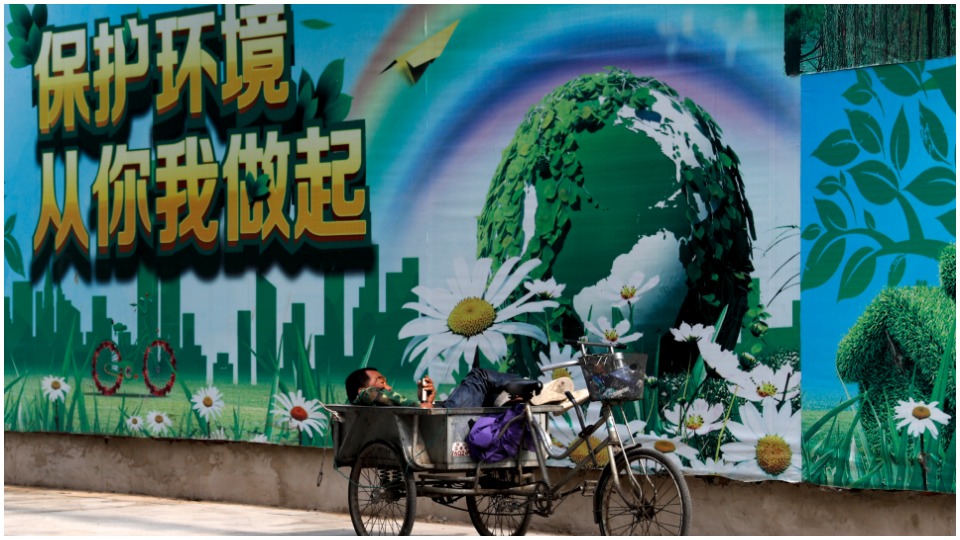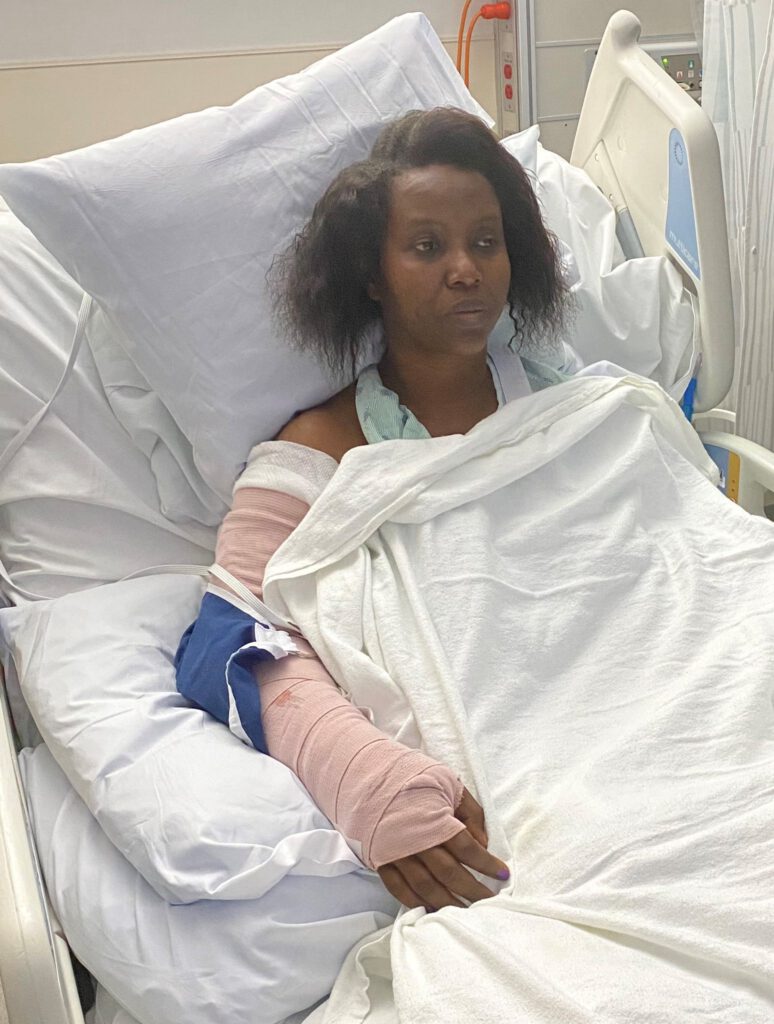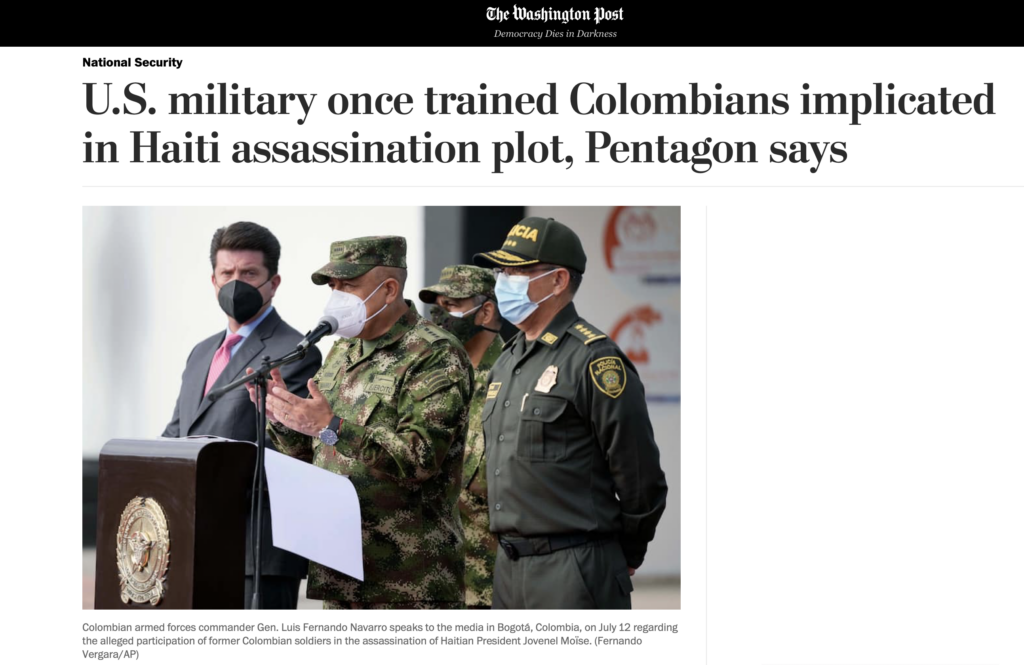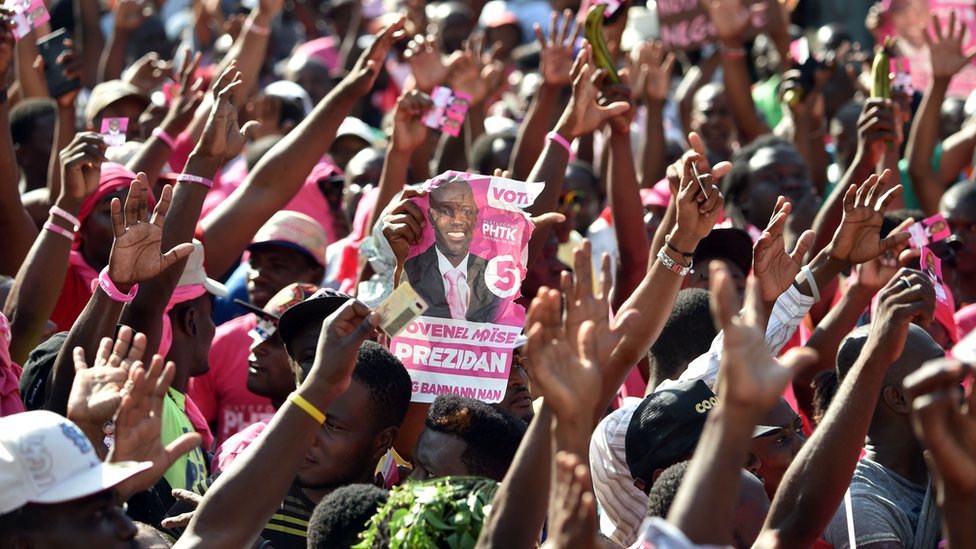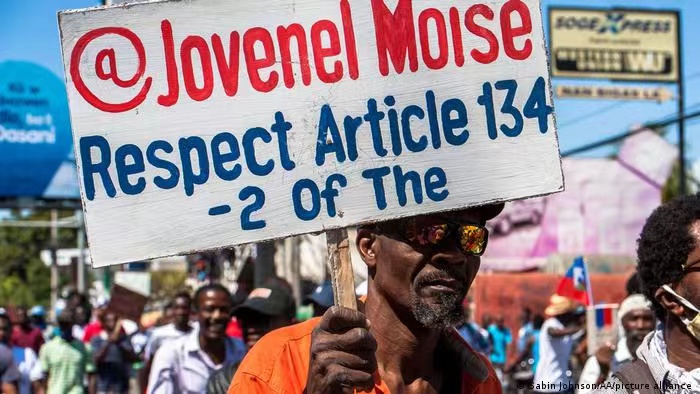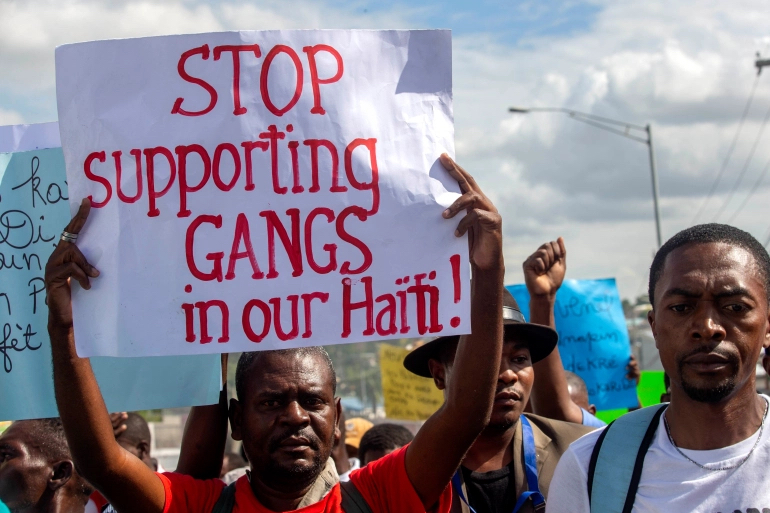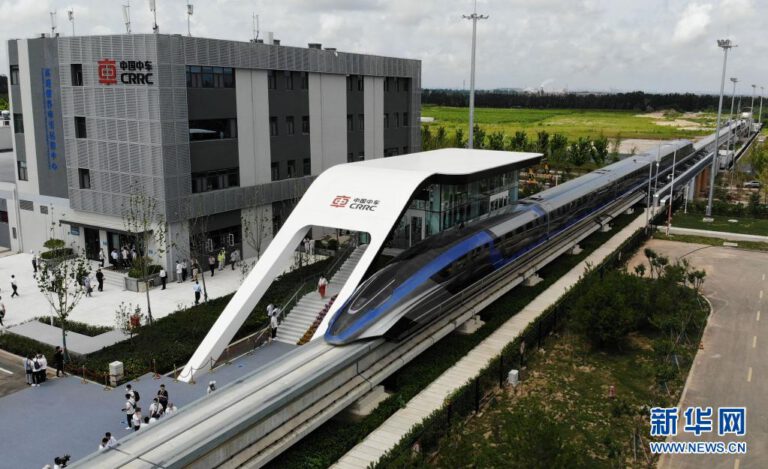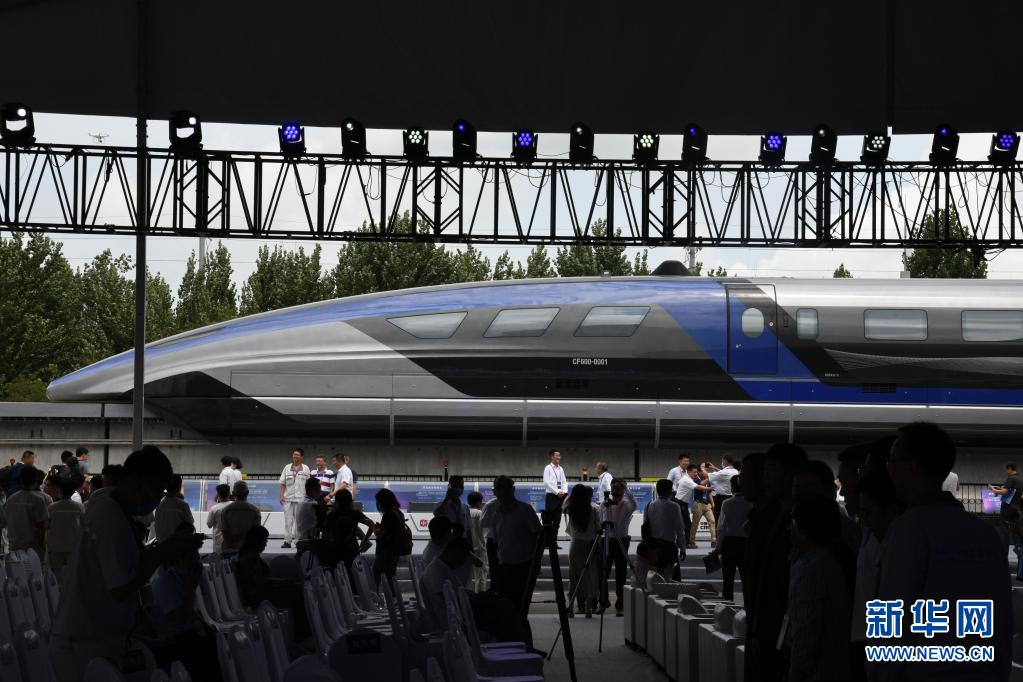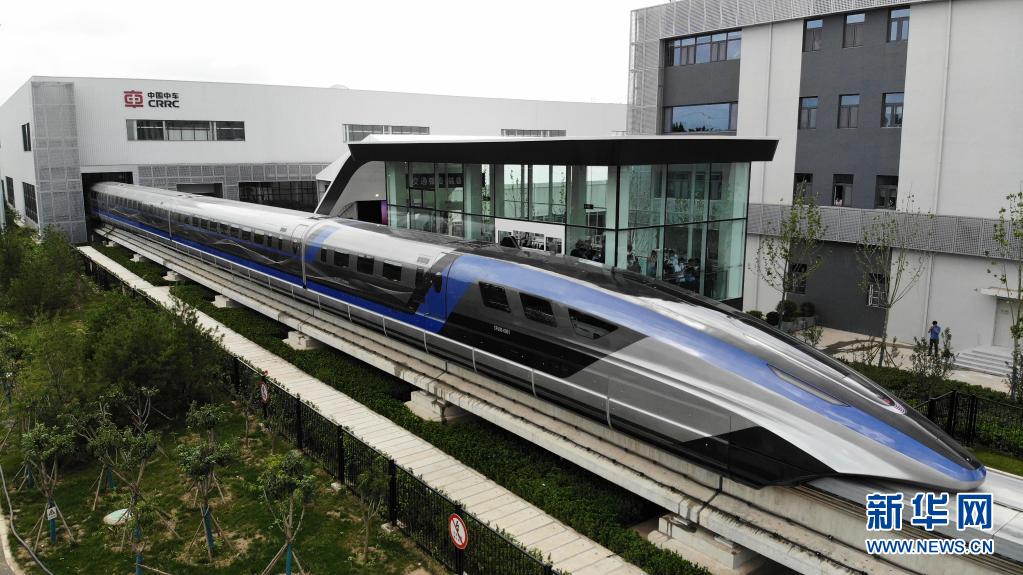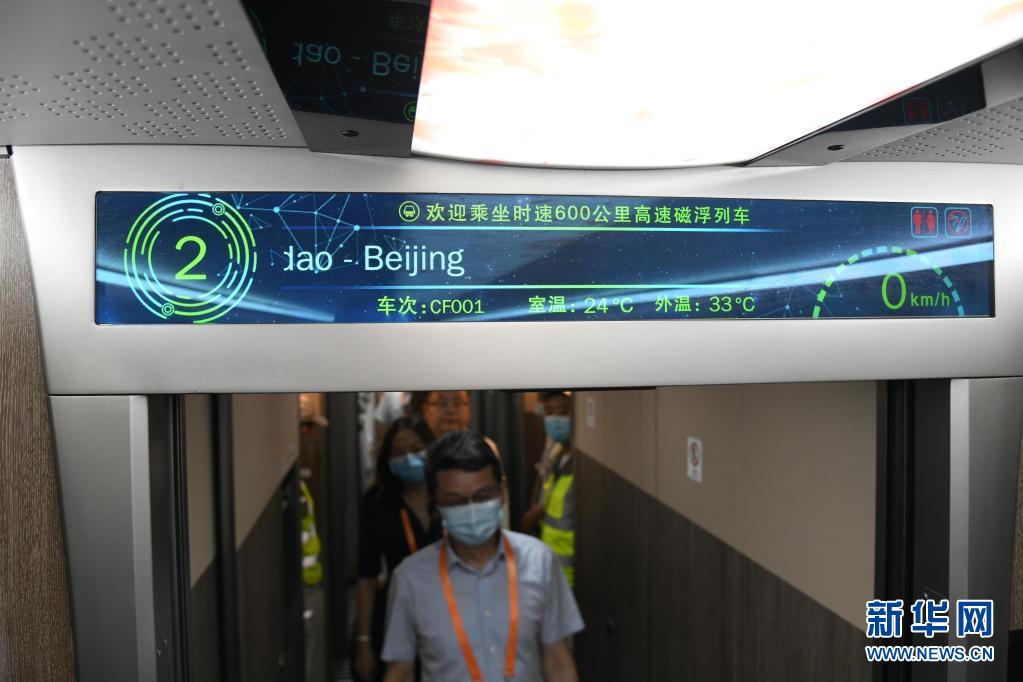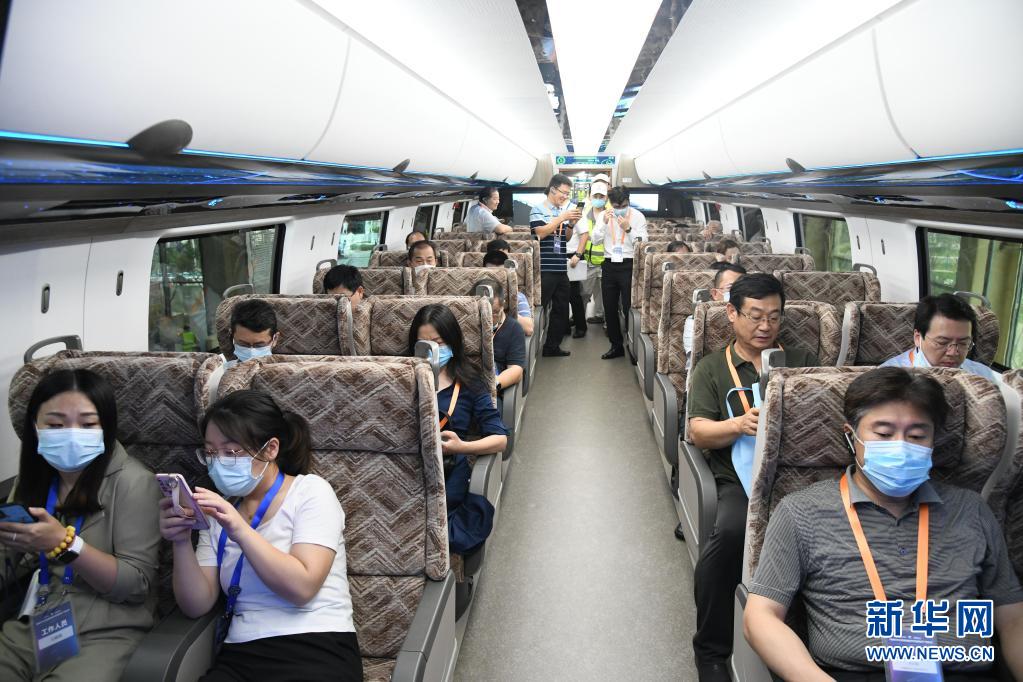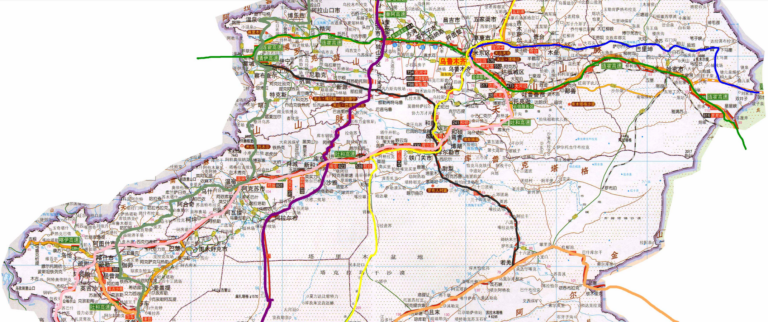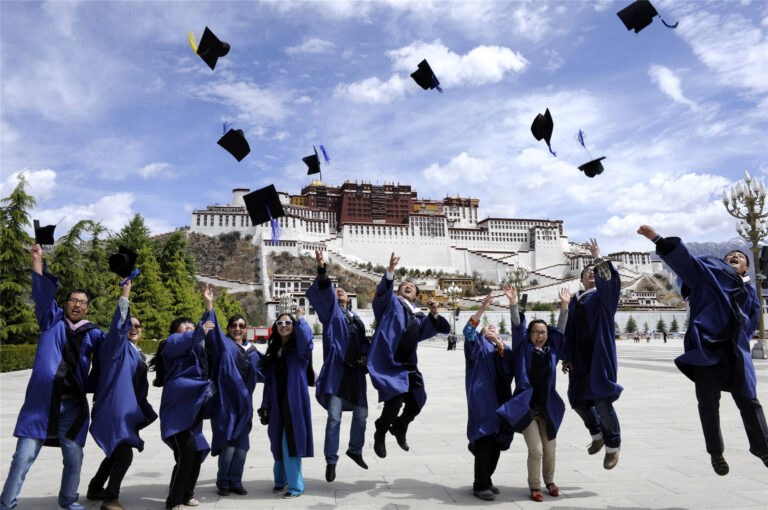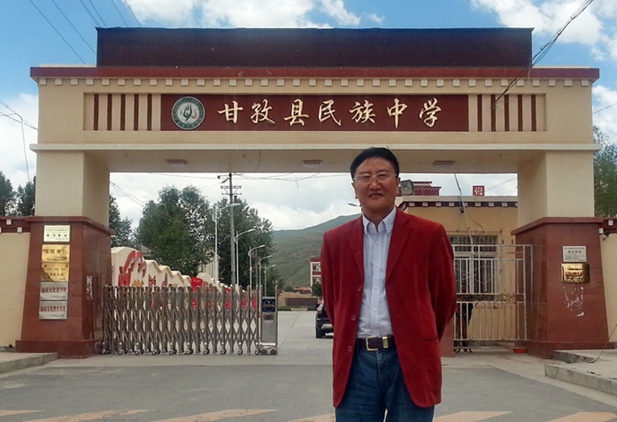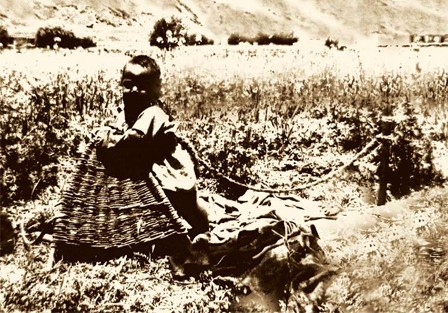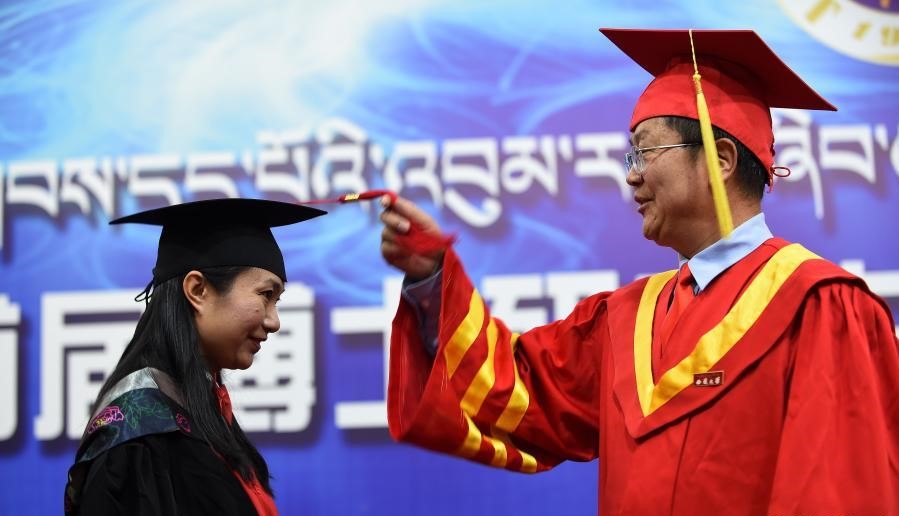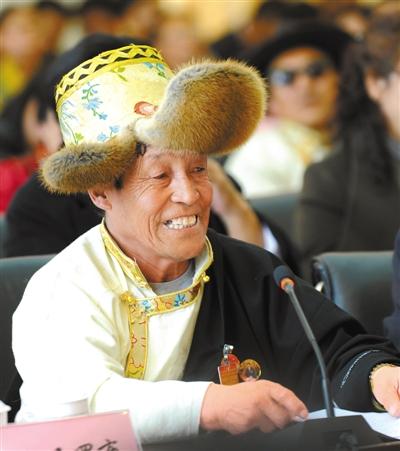An einem Attentat waren viele Kräfte beteiligt
Am 7. Juli 2021 wurde der haitianische Präsident Jovenel Moïse ermordet und seine Frau Martine Moïse angeschossen, das Sicherheitspersonal um sie herum blieb jedoch unverletzt.
Am 8. Juli erklärte Léon Charles, Chef der Nationalpolizei Haitis, auf einer Pressekonferenz, dass eine bewaffnete Gruppe von 28 Personen der Beteiligung an dem Attentat verdächtigt werde, darunter 2 Amerikaner und 26 Kolumbianer. Der Angreifer spricht Englisch und Spanisch, während Haitianisch Französisch und Kreolisch spricht, so dass angenommen wird, dass der Angreifer aus einem fremden Land stammt. Bei der Schießerei nach dem Attentat wurden 3 Verdächtige von der Polizei erschossen, 8 weitere waren auf freiem Fuß. Haitis Verteidigungsminister Diego Morano wies darauf hin, dass mindestens 6 der Festgenommenen Veteranen seien.
Am 9. Juli gab die kolumbianische Regierung die Identität von 17 kolumbianischen Staatsbürgern bekannt, die der Beteiligung an dem Attentat verdächtigt werden. Sie alle dienten im kolumbianischen Militär und gingen von 2018 bis 2020 nacheinander in den Ruhestand.
Am 10. Juli gab Haitis First Lady Martine die erste Erklärung nach der Ermordung des Präsidenten in einem Krankenhaus in Miami in den USA ab. Sie wies darauf hin, dass die Söldner plötzlich einbrachen und den Präsidenten direkt erschossen, ohne ihm die Möglichkeit zu geben, zu sprechen und zu reagieren. Sie ist fest davon überzeugt, dass das Attentat auf die politischen Motivation der Oppositionspartei zurückzuführen ist.
Am 14. Juli „zeigt eine Überprüfung unserer Ausbildungsdatenbanken, dass eine kleine Zahl der im Rahmen dieser Untersuchung festgenommenen kolumbianischen Personen an früheren US-Militärausbildungs- und Ausbildungsprogrammen teilgenommen hatten, während sie als aktive Mitglieder der kolumbianischen Streitkräfte dienten“, bestätigte Leutnant Colonel Ken Hoffman, ein Pentagon-Sprecher, gab in einer Erklärung gegenüber der Washington Post jedoch keine genaue Zahl der in den Vereinigten Staaten ausgebildeten Verdächtigen bekannt.
Am 16. Juli teilte der kolumbianische Polizeichef General Jorge Vargas mit, dass von Ende April bis Mai vier Kolumbianer nach Haiti gegangen seien und im Juni weitere 20 Kolumbianer im Namen eines dreiwöchigen Sicherheitsdienstes eingetroffen seien. Joseph Felix Badio, ein ehemaliger Beamter des haitianischen Justizministeriums, der in der Antikorruptionsabteilung des Generellen Geheimdienstes arbeitete, befahl diesen Kolumbianern die Ermordung.
Ein Präsident mit vielen Feinden
Moïse war ursprünglich ein Bananengeschäftsmann, trat aber in die Politik ein, nachdem er vom ehemaligen haitianischen Präsidenten Michel Joseph Martelly geschätzt wurde. Von 2015 bis 2016 wurde Moïse zwar mit Vorteil zum Präsidenten gewählt, ihm wurde jedoch von der Opposition Wahlbetrug vorgeworfen, und er trat erst im Februar 2017 erfolgreich sein Amt an.
Im Jahr 2019 wurden Moïse und andere Regierungsbeamte beschuldigt, Gelder im Wert von Hunderttausenden von Dollar veruntreut zu haben, die ursprünglich für soziale Projekte bestimmt waren. Im Juni desselben Jahres bestritt Moïse auf einer Pressekonferenz, ein Lügner zu sein und weigerte sich, zurückzutreten.
Gemäß der haitianischen Verfassung beträgt die Amtszeit des Präsidenten fünf Jahre. Die Opposition glaubt, dass Moïse, der 2016 gewählt wurde, seine Amtszeit im Februar 2021 beenden muss. Moïse argumentierte, dass er erst 2017 vereidigt wurde, sodass seine Amtszeit am 7. Februar 2022 endet eine einjährige Amtszeit und verschiebt die ursprüngliche Wahl.
Aufgrund der ausbleibenden Parlamentswahlen im Jahr 2019 stellte das haitianische Parlament im Januar 2020 seine Tätigkeit ein, was das gesamte Land in eine operative Krise gestürzt hat. Moïse konnte das Land nur durch Erlass des Dekrets regieren. Gleichzeitig versucht er, Reformen voranzutreiben, aber die Opposition glaubt, dass dies die ungehinderten Befugnisse des Präsidenten erweitert.
Am 7. Februar 2021 gab Moïse bekannt, dass mehr als 20 von der Polizei festgenommen wurden, weil sie versucht hatten, ihn zu ermorden und sterben Personen der Regierung, darunter einen Richter des Obersten Gerichtshofs, zu stürzen. Am 14. Februar fand in Port-au-Prince ein groß angelegter Protest gegen Moïse statt.
Neben dem Vorwurf des Verfassungsbruchs wurde auch die Machtausweitung der Bande während Moïses Amtszeit kritisiert. In den letzten drei Jahren hat sich die Zahl der haitianischen Banden verdoppelt. Gangmitglieder haben ihre Identität offengelegt. Sie haben auch schwere Waffen und Munition.
Historisch gesehen hat Haiti viele kleine Banden, die Transaktionen in Dörfern oder kleinen Orten kontrollieren. Diese Banden handeln hauptsächlich mit Unternehmern oder Politikern und erheben Schutzgebühren. Aber die Bande wird keine Menschen entführen oder andere Verbrechen begehen. Eine der Strategien der Moïse-Regierung besteht darin, Banden einzusetzen, um Menschenansammlungen zu verhindern und Proteste zu reduzieren. Zweitens, weil die Slums mit Menschen überfüllt sind, sind sie das zentrale Wahllager. Slums sind normalerweise der Ort, an dem groß angelegte Proteste beginnen. Die Proteste der Opposition und der grassierenden Banden haben Haiti instabiler gemacht.
Ein innenpolitisches Durcheinander
Zwei Tage vor dem Anschlag unterzeichnete Moïse ein Dekret zur Ernennung des ehemaligen Innenministers Ariel Henry zum neuen Premierminister. Die Einweihungszeremonie war ursprünglich für den 7. Juli geplant, wurde jedoch aufgrund der Ermordung des Präsidenten in den frühen Morgenstunden dieses Tages abgesagt.
Nach Moïses Tod kündigte Premierminister Claude Joseph sofort an, vorübergehend die Rolle des nationalen Führers zu übernehmen. Henry glaubt jedoch, dass er der legale und oberste Führer Haitis sein sollte, um eine neue Regierung zu bilden.
Mit Unterstützung des Senats des haitianischen Parlaments wurde am 9. Juli Präsident Joseph Lambert zum Interimspräsidenten von Haiti gewählt. Da jedoch die meisten Mitglieder des haitianischen Senats ausgeschieden sind, hat die oben genannte Resolution nach lokalem Recht keine Rechtswirkung.
Laut der haitianischen Verfassung sollte nach dem Unfalltod des Präsidenten sein Amt vorübergehend durch den Vorsitzenden des Obersten Gerichtshofs von Haiti, René Sylvestre, ersetzt werden, aber die Person starb am 23. Juni an COVID-19.
Die haitianische Regierung hat einen Antrag an die Vereinigten Staaten und die Vereinten Nationen gestellt, in der Hoffnung, Truppen nach Haiti zu entsenden, um kritische Infrastrukturen zu schützen, die haitianische Regierung bei der Aufrechterhaltung der Stabilität zu unterstützen und sich auf die nächsten Präsidentschafts- und Parlamentswahlen vorzubereiten.
Hilfe aus den USA ist hilflos und wird schädlich sein
Viele Menschen müssen die tragische Erfahrung dieses Landes genau verstehen, insbesondere alle Länder, die die Souveränität an die Vereinigten Staaten abgeben und hoffen, dass Washington das Schicksal ihrer Länder umkehren kann. Die Ukraine, Georgien und das Baltikum träumen immer noch davon, dass sie alles haben können, was Westdeutschland nach dem Zweiten Weltkrieg hatte: den Marshallplan, amerikanische Schokolade und Filme, billige Wohnungen, zahlreiche Arbeitsplätze und den reichsten amerikanischen Markt.
Ähnlich wie in vielen Momenten in der Geschichte sind externe Kräfte für Haiti zu einem Kanal geworden, um Hilfe zu suchen. Immerhin haben Haiti und die Vereinigten Staaten langjährige und außergewöhnliche Verbindungen, aber die Vereinigten Staaten sind kein schützender Schirm von Haiti, und die Attentäter wurden alle von den Vereinigten Staaten ausgebildet. Die Vereinigten Staaten um Hilfe zu bitten, ist nur ein Slogan.
Haiti steht seit 1915 unter amerikanischer Kontrolle, dort sind amerikanische Truppen stationiert. 1934 zogen die Amerikaner ihre Truppen aus Haiti ab, diktierten aber weiterhin die Ernennung und Absetzung des Präsidenten des Landes. Die Verwaltung aller haitianischen Präsidenten wird von Washington genau überwacht.
Die Vereinigten Staaten sind direkt für die Unruhen in Haiti verantwortlich. Haiti gehört seit mehr als einem Jahrhundert zum Einflussbereich Washingtons. Ihre Wirtschaft war zerstört und sie konnte keine eigenständige Politik betreiben. Die Kriminalitätsrate in Haiti ist extrem hoch und die Armut unvorstellbar. Die einzige Einnahmequelle des Landes sind die Überweisungen von Millionen ausländischer Arbeiter.
Haiti ist ein ausgezeichnetes Gegenbeispiel für die Staatsführung. Für diejenigen Führer, die die Unabhängigkeit ihres Landes an Washington verkauft haben, ist das tragische Schicksal des Präsidenten von Haiti eine nützliche Warnung.
(Quelle: The Washington Post, BBC, Twitter, Independent, France 24, Army Nurse Corps Association, AI Jazeera, DW)
